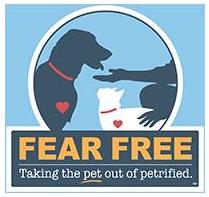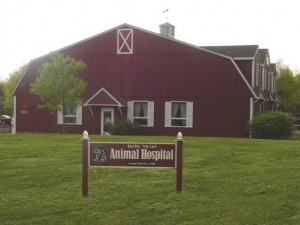
April 2014 – Leptospirosis might be in your own backyard!
Leptospirosis is a dangerous bacterial infection that can cause kidney and liver failure, as well as sudden death. It is a zoonotic disease. This means it can be transferred from animals to humans.
Pet Parents need to be aware.
Leptospirosis cases are on the rise in many states, but more and more cases are seen right here in New Jersey – even in our own Hillsborough and Belle Mead area. Our most recent case was a small breed dog whose owner said only goes out to urinate and defecate in their backyard.
From wildlife to pets to people.
Leptospirosis is spread through urine and can live for a very long time in a moist or wet environment like puddles. What happens in the spring is that wild animals run through your backyard at night while you are sleeping. They might stop and take a drink from a puddle. And guess what? They contaminate your yard by urinating. That’s all it takes.
Therefore, if you have deer, squirrels, skunks, raccoons, opossum, mice or fox in your yard at night, then your yard could be contaminated by Leptospirosis.
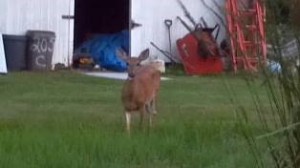

Dogs are not only out in their own yards but also go to many other areas including dog parks. These areas where many dogs urinate can concentrate and spread Leptospirosis very quietly.
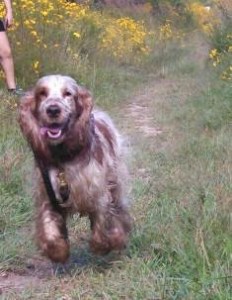

It’s important to remember that dogs become infected more easily than humans by simply stepping in or smelling a contaminated area and then licking their paws.
An infected dog may not fall ill until days or weeks later. The first symptom might simply be that your dog is drinking or urinating more often than usual. Call your family veterinarian if you notice these changes in behavior.
Once your pet is infected, however, the chance of spreading the disease to its human family members increase.
Early diagnosis and treatment is key.
If a pet is not vaccinated and gets sick, then diagnosis and treatment can be lifesaving. However, symptoms may be so mild, you might not even notice them. Most infected dogs eventually develop kidney or liver failure.

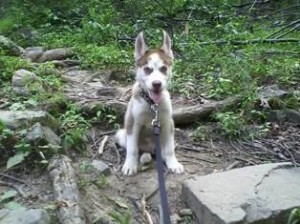
Treatment may require fluids and antibiotics for days – doggie dialysis. Our most recent case did great after four days of intravenous antibiotics and fluids. However, not all cases can be successfully treated. Leptospirosis can have unusual signs that sometimes may be impossible to diagnose in pets.
Take human precautions and consider vaccinating your dogs.
The moral of the story is don’t be paranoid but be aware that we live in a Leptospirosis area. Minimize your risk factors by reducing exposure. Know that there is an excellent vaccine that can protect your dog against four strains of Leptospirosis for an entire year.
The Belle Mead Animal Hospital, Your Other Family Doctors








